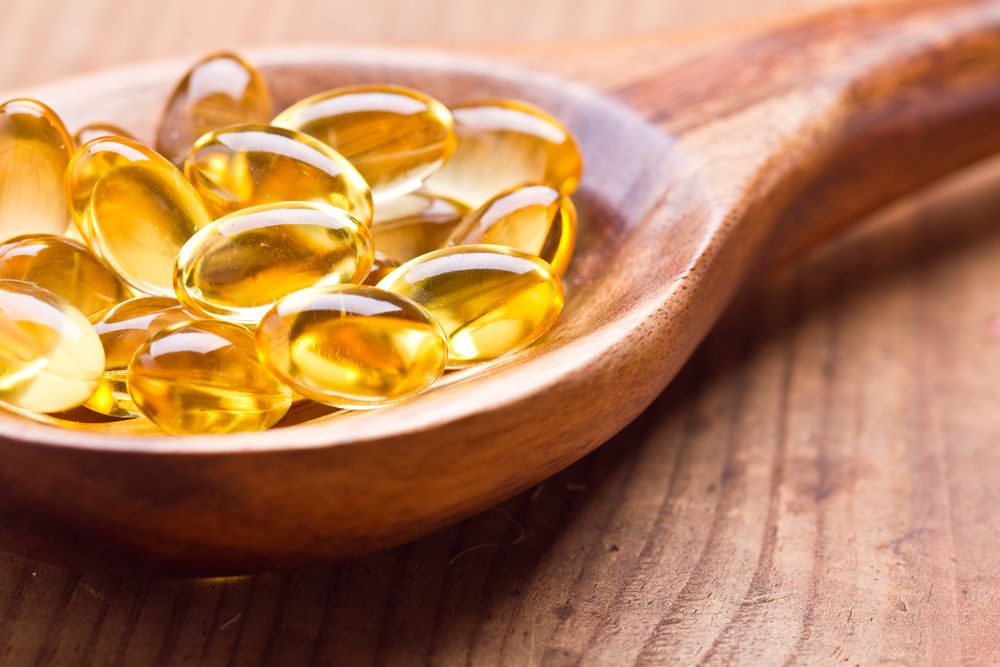Article
Vitamin D Panacea No More
Author(s):
Vitamin D supplementation may not protect the heart from major adverse cardiovascular events, myocardial infarction, stroke or cardiovascular disease mortality, finds a study published in JAMA Cardiology.
(©RSzatkowski,Shutterstock.com)

Vitamin D supplementation may not protect the heart from major adverse cardiovascular events, myocardial infarction, stroke or cardiovascular disease mortality, finds a study published in JAMA Cardiology.
This was a meta-analysis of 21 randomized clinical trials of 41,669 patients (mean age 65.8 years, 74 percent female) who received vitamin D supplementation of at least one year and 41,622 who received a placebo. The primary outcome was the occurrence of major adverse cardiovascular events. Myocardial infarction, stroke or cerebrovascular accident, CVD mortality, and all-cause mortality were the secondary end points.
Vitamin D supplementation was not associated with reduced major adverse cardiovascular events, nor was it associated with the occurrence of myocardial infarction, stroke, CVD mortality or all-cause mortality.
The findings contradict those of previous observational studies that suggested vitamin D supplementation could reduce the risk of major adverse cardiac events, myocardial infarction, stroke or cardiovascular disease mortality.
"Although observational studies have suggested that low serum levels of 25-hydroxyvitamin D are associated with an increased risk of CVD events, the effects of vitamin D supplementation did not appear to vary according to baseline 25-hydroxyvitamin D levels in either the Vitamin D and Omega-3 Trial (VITAL)or Vitamin D Assessment (VIDA) trials," wrote researchers who were led by Mahmoud Barbarawi, M.D., Michigan State University.
In a commentary that was published in the same issue of JAMA Cardiology, Arshed A. Quyyumi, M.D., and Ibhar Al Mheid, M.D., suggested that vitamin D recommendations should be reconsidered.
“Widespread fascination with vitamin D as a panacea for most illnesses, including cardiovascular diseases (CVD), is responsible for nearly a 100-fold increase in vitamin D testing and oral supplementation over the last decade, largely in populations at low risk for vitamin D deficiency.1 Assessment of vitamin D levels is the fifth most commonly ordered laboratory test,” they wrote. “The popularity of vitamin D supplementation is at least partly owing to the misinterpretation of impressive epidemiologic associations between vitamin D status and a breadth of health metrics, leading to a potentially flawed assumption of causality.”
REFERENCE
Mahmoud Barbarawi, MD; Babikir Kheiri, MD; Yazan Zayed, MD; et al. "Vitamin D Supplementation and Cardiovascular Disease Risks in More Than 83â¯000 Individuals in 21 Randomized Clinical Trials." JAMA Cardiology. June 19, 2019. DOI:10.1001/jamacardio.2019.1870
Arshed A. Quyyumi, MD; Ibhar Al Mheid, MD. "The Demise of Vitamin D for Cardiovascular Prevention." JAMA Cardiology. June 19, 2019. DOI:10.1001/jamacardio.2019.1906





